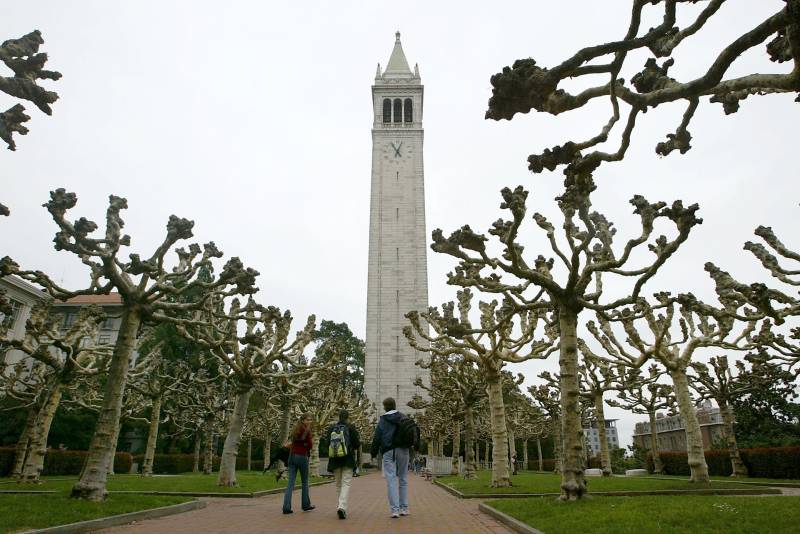For one, using it for admissions would turn the Smarter Balanced assessment into a major source of anxiety for students given its sudden high-stakes nature. Next, making Smarter Balanced an admissions tool would create a new marketplace for test-prep, which the Academic Senate group said would result in wealthier families hiring tutors and purchasing other materials to give their students a leg up.
Overall, Smarter Balanced “captures the inequities in opportunities to learn across California schools that are pronounced by race and socioeconomic status,” the Academic Senate group’s September report said.
President Drake last month agreed with that recommendation.
Are admissions tests at the UC gone forever?
Could the UC change its stance and adopt an admissions test again? Maybe, Drake said. If a test comes along and “does what we believe it should do in a way that we believe it’s effective, we certainly could consider adopting such a thing in the future.”
At least one Regent thought keeping the door slightly open for another testing requirement is ill-advised, given how much work is required to overhaul admissions requirements.
“We would have to rewrite our entire admissions system again,” said Alexis Atsilvsgi Zaragoza, a Berkeley student and Regents member, who noted that admissions offices at the UC scrambled to adjust their criteria for letting students in after the Regents removed the SAT requirement.
More work for admissions offices without a test
Still, without a test, admitting students becomes more challenging because of the workload it represents for admissions officers, Estolano said. That the UC ditched the SAT has already led to record-level applications to the system. For fall 2021, the first season after the UC dropped its testing requirement, the UC received more than 200,000 applications, compared with 172,000 in 2020.
Training admissions office staff on the “comprehensive review” process that looks at grades, extra-curriculars, the socio-economic factors in which students grow up and other non-test criteria becomes even more important, Estolano said.
Relying more on artificial intelligence may be one way to help with the workload. A report to the Regents this week noted that AI plays a small part in admissions and financial aid decisions at campuses, but its role could be expanded. “Algorithms could be employed to create a predictive score for each applicant, a process that could help to supplement evaluation by admissions staff,” the report said.
But there are pitfalls to that approach, the report cautioned.
“However, the potential for adverse outcomes or unintended consequences can be ingrained in AI-enabled tools if they draw on outdated training data or data that is incomplete or unrepresentative of a broad demographic.”

